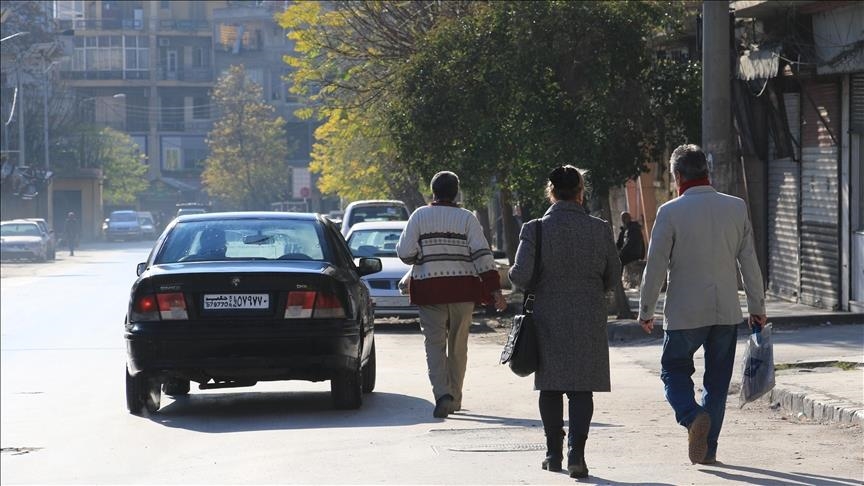NATO stalled on Turkey’s defence
"Right now, we do not have a conclusion," said NATO spokesman Yves Brodeur, adding that consultations were to continue throughout the night with the ambassadors due to reconvene Wednesday morning.
Mr. Brodeur said the ambassadors were working with their governments to find a solution but wouldn’t say if one was in the offing. "I can’t predict the future," he said.
In Paris for a state visit, Russian President Vladimir Putin indicated that United States military action against Iraq without United Nations consent would be a "grave error," and said Russia might use its veto at the UN Security Council to block "unreasonable use of force." Asked whether he would back France’s use of its UN veto, Mr. Putin replied through an interpreter: "If today a proposition was made that we felt would lead to an unreasonable use of force, we would act with France or alone." Chinese President Jiang Zemin also reaffirmed his country’s position against war in a telephone call to French President Jacques Chirac. Turkey, the only NATO ally that shares a border with Iraq, is asking the alliance to provide it with AWACS surveillance aircraft, Patriot anti-missile systems and biological and chemical weapons defence units in the event Iraq decides to retaliate for a buildup of U.S. troops on Turkish soil. France, backed by Germany and Belgium, says it’s premature to start this planning and believes the focus should be on preventing conflict at the UN. But the 16 other NATO allies, including Canada, say they have a responsibility to support Turkey.
The U.S. has reacted angrily to the French-led move and warned it will bypass NATO if necessary and provide the equipment to Turkey on its own or through formation of "a coalition of the willing." "The alliance is breaking itself up because it will not meet its responsibilities," U.S. Secretary of State Colin Powell said Tuesday. François Heisbourg, head of the Paris-based Foundation for Strategic Research, said he isn’t optimistic about a quick resolution to the impasse.
"It’s probably going to get worse before it gets better," Mr. Heisbourg said in an interview. "I suspect that there won’t be a compromise in NATO until the game plays itself out in the Security Council."
Mr. Heisbourg condemned the "extraordinary flippancy" with which both sides in the dispute have dealt with the concept of alliance unity. NATO operates by consensus, which gives each of the 19 members an effective veto. He was particularly critical of the Americans for treating NATO indifferently and threatening to ignore it in future if can’t get its way. "It’s not the crisis that is going to kill NATO. It will be indifference that kills NATO," Mr. Heisbourg said. But there has also been sharp criticism of France, Belgium and Germany by some of the members who are prepared to go to Turkey’s aid. "You cannot say that Turkey doesn’t feel threatened," Dutch Foreign Minister Jaap de Hoop Scheffer said. "There is one man and one regime that can profit from this: Saddam Hussein." In Ankara, Turkish Prime Minister Abdullah Gul said he doesn’t see the dispute as being aimed at his country. "There is no doubt that Turkey is not the target here," Mr. Gul told reporters. "A diplomatic battle is going on." Turkey has formally asked the allies, sitting as members of the North Atlantic Council, for consultations under Article 4 of the NATO charter. It states that members are obliged to begin talks whenever one of them believes that its territorial integrity, political independence or security is under threat. Acknowledging the seriousness of the split in Europe on the Iraq issue, the 15-member European Union announced plans for a special one-day summit in Brussels on Monday to discuss the crisis.



